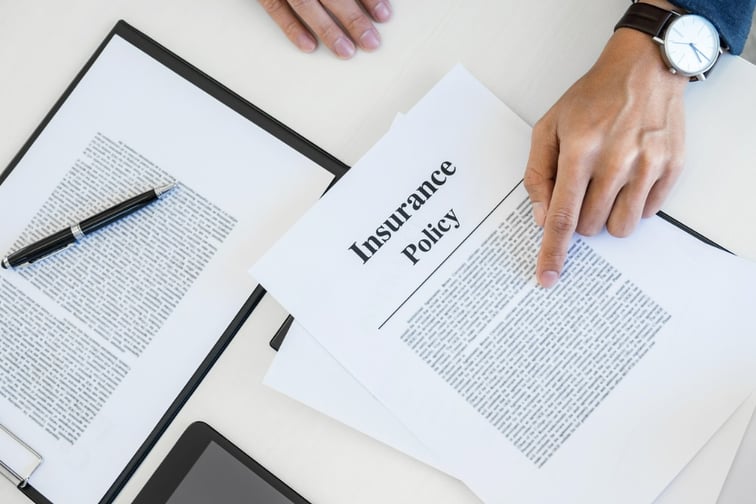

A Florida commissioner has put forward a new proposal that aims to address the surge in premiums in the state.
The initiative, put forward by Broward County Commissioner and former state senator Steve Geller, looks to lower homeowners’ insurance premiums by addressing reinsurance costs. Geller detailed this plan to the South Florida and Treasure Coast Regional Planning Councils in West Palm Beach.
In a report from WPTV, Geller, who also served as the chair of the National Council of Insurance Legislators, argues that his strategy could decrease the cost of homeowners’ insurance by up to 25%. His approach involves urging Congress to modify current reinsurance purchasing guidelines.
Specifically, the commissioner advocates for insurance companies to procure reinsurance sufficient to handle the impact of a “one in 50-year” storm, in contrast to the current norm of preparing for “one in 150” to “one in 200-year” storms. These more catastrophic events, while less probable, result in significantly higher reinsurance costs.
Geller explained the financial logic behind his proposal by pointing out the statistical rarity of extreme weather events.
“A one in 200-year event means it has a one-half of 1% of occurring in any given year,” he said, highlighting Florida’s historical resilience, with no “one in 150-year” event striking since the devastating hurricane of the 1920s.
Previous attempts to push similar proposals through Congress have failed, met with opposition from lawmakers in other states who were concerned about disproportionately supporting Florida’s hurricane risk.
However, Geller is optimistic about garnering broader support this time around. He suggests that a nationwide reinsurance plan could benefit various parts of the country vulnerable to other natural disasters, such as wildfires, flooding, and tornadoes, thereby creating a shared interest in a more equitable distribution of disaster risk management.
What are your thoughts on this story? Please feel free to share your comments below.
